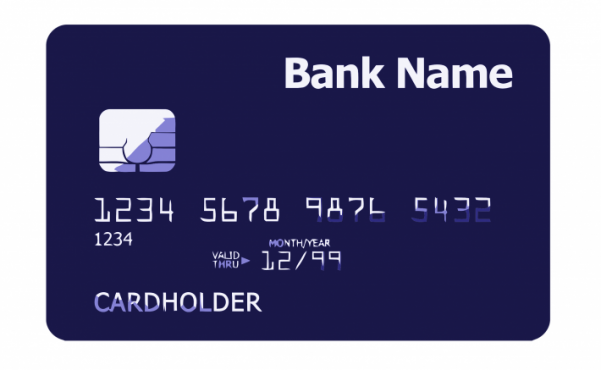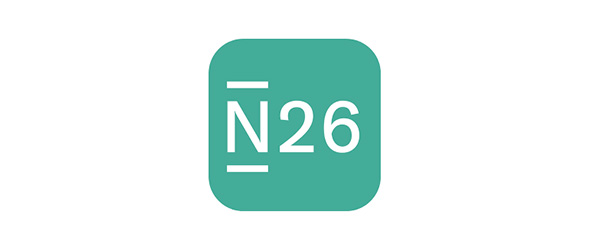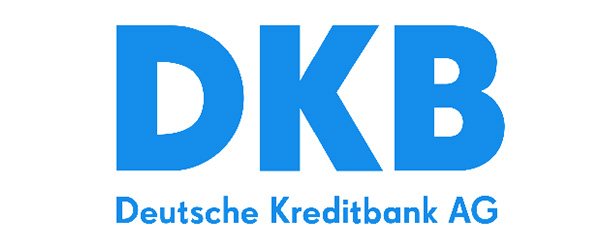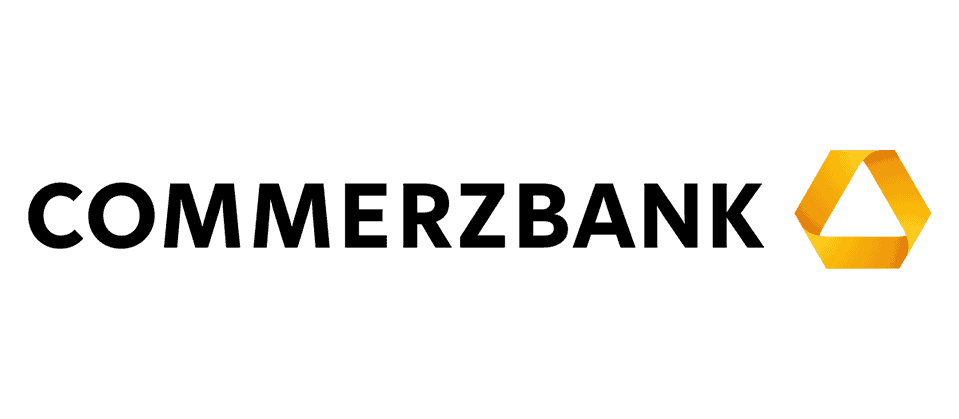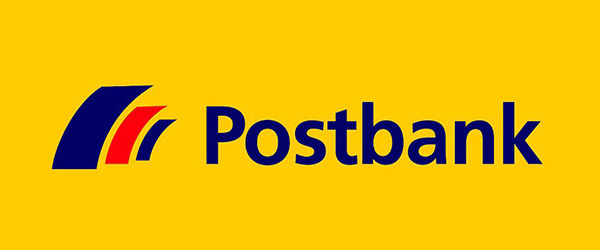Savings Account Germany
To open a savings account in germany the typical requirements are consistent across most banks:
- Provide proof of German residency, often in the form of a Meldebescheinigung (proof of address registration). However, some banks may allow account opening without this.
- Furnish proof of identity, typically in the form of your passport.
Note that certain online German banks might impose additional criteria, which could include a minimum income threshold or a financial history in Germany.
Be aware that some online banks may refuse service to foreigners or individuals with unfavorable credit histories.
If you meet these requirements, you can proceed with opening a German bank account by following the instructions below.
High Interest Savings Account Germany
High-interest savings accounts in Germany are an excellent choice for those who want to maximize their savings. These accounts typically offer interest rates higher than traditional savings accounts, helping your money grow faster.
Commerzbank Savings Account
Opening a Commerzbank account is a straightforward process. With a variety of account options to choose from, you can select the one that suits your financial needs. Commerzbank provides a user-friendly experience for account opening.
N26
The mobile bank-
€0/month!
-
3 free ATM withdrawals per month
-
open an account without an official address
-
Mastercard included
-
English, German, Spanish, French & Italian
-
No free cash withdrawl abroad
C24
The bank from Check24-
Up to 4% interest
-
Best savings Account Germany
-
App only in German
DKB
Online Bank-
€0/month!
-
Partner card for joint accounts
-
Free withdrawl from 57763 ATMs in Germany
-
open an account without an official address
-
Visa credit card included
-
Cash withdrawl abroad
-
German only
Savings Account in Germany
Commerzbank
-
Brick and motar bank in Munich
-
Banking App in English
-
Free only with €700 monthly lodgement
Postbank
9000 ATM's in Germany-
Brick and motar bank in Munich
-
Free withdrawl at 9000 ATM's
-
Visa €0 first year, €29/year thereafter
-
No free cash withdrawl abroad
-
German only
-
€4,90/month
Credit Card for Students in Germany
Students in Germany can benefit from credit cards tailored to their needs. These cards often come with low or no annual fees and perks like cashback rewards. They’re a handy financial tool for students looking to build credit or handle their expenses efficiently.
German Debit Card
A German debit card, also known as a Girocard, is a common payment method in Germany. It allows you to make purchases and withdraw cash from ATMs. Most banks offer Girocards with their checking accounts.
Savings Account Germany
A savings account in Germany is a secure way to set money aside and earn interest. These accounts are typically low-risk and provide easy access to your funds when needed.

Do you need a bank account in Germany?
Opening a German bank account is a great idea for anyone living in or traveling to Germany. Not only does it give you instant access to your funds, but it also allows you to pay bills and expenses online directly from the account. Whether you’re looking for a basic Girokonto or something with higher interest rates, our guide can help you find the perfect bank account for your needs.
What you need to know before opening a bank account in Germany
If you’re thinking of opening a bank account in Germany, there are a few things you need to know. First, you’ll need to have a valid ID and proof of residence. You’ll also need to deposit a minimum amount of money, which varies from bank to bank.
Once you’ve opened your account, you’ll be able to access your money through an ATM or online banking. It’s important to note that some banks charge monthly fee for certain transactions. We can help, you find the right bank for your needs and start enjoying the convenience of having a Deutsche bank account.
Different types of banks in Germany
There are different types of banks in Germany. Depending on your needs and preferences, you can choose the right bank for you. If you’re looking to open a business account, for example, you may want to consider a foreign bank that offers specialized accounts and services tailored to businesses.
Private German banks are a popular choice for individuals looking to open an account and manage their finances. These banks offer a wide range of services, including savings accounts with competitive interest rates and investment products that allow customers to grow their wealth over time.
By choosing a reputable private bank in Germany, individuals can be sure that they have the tools they need to manage their money effectively and achieve their financial goals.
Public savings banks are financial institutions that are owned and operated by the government. They offer a wide range of services, including opening an account, making deposits and withdrawals, and transferring funds.
Public savings banks typically offer lower interest rates than private banks, but they are subject to strict regulations. As a result, they are often seen as a safer option for saving money.
Foreign banks in Germany offer a wide range of services to support businesses and individuals traveling and living abroad. These institutions offer a variety of banking products tailored to the specific needs of their international clients, such as checking accounts and savings accounts that can easily be opened online or in person.
Whether you are opening an account for personal use or for your business, a foreign bank in Germany can help simplify your banking needs and give you peace of mind when managing your finances on the go.
Sparkassen is banks that are unique to Germany. Found all across the country, these local financial institutions offer a variety of services, including opening new bank accounts and issuing loans and other types of financing.
One of the main advantages of dealing with a Sparkassen bank is that they typically offer dependable customer service. Whether you need help opening an account or accessing your funds in an emergency, these banks are staffed by courteous and knowledgeable professionals who are always ready to assist you.
Volksbanken and Raiffeisenbanks are local cooperative banks in Germany that offer a variety of banking services to individuals and businesses. Customers can open checking and savings accounts, apply for loans, and invest in a variety of products, such as stocks, mutual funds, and bonds. In addition, Volksbanken and Raiffeisenbanks offer e-banking services that allow customers to manage their accounts online.
Digital and mobile banks are gaining popularity in Germany. With the increasing reliance on technology, more and more people are turning to online banking as a convenient and efficient way to manage their financial accounts.
These virtual banks offer many of the same features as traditional brick-and-mortar institutions, including the ability to open an account, track account activity, make deposits or withdrawals, and transfer funds between different accounts. Overall, the rise of digital banking has been a positive development for consumers in Germany, providing increased convenience and greater flexibility when managing their finances.
How to choose the best bank in Germany for expats
Deciding on the best bank in Germany for expats can be a challenge. There are a lot of factors to consider, from opening an account to fees and charges. However, with a little research, it is possible to find the perfect bank for your needs.
The first step is to research the different options available. There are a number of banks that cater specifically to expats, so it is worth taking the time to compare their offerings. Once you have narrowed down your options, you can start to look at opening an account.
Most banks will require proof of identity and residency, so make sure you have all the necessary documents ready. It is also important to consider initial and monthly fees and charges when choosing a bank. Some banks may offer free or discounted services for expats, so it is worth checking this before making a decision.
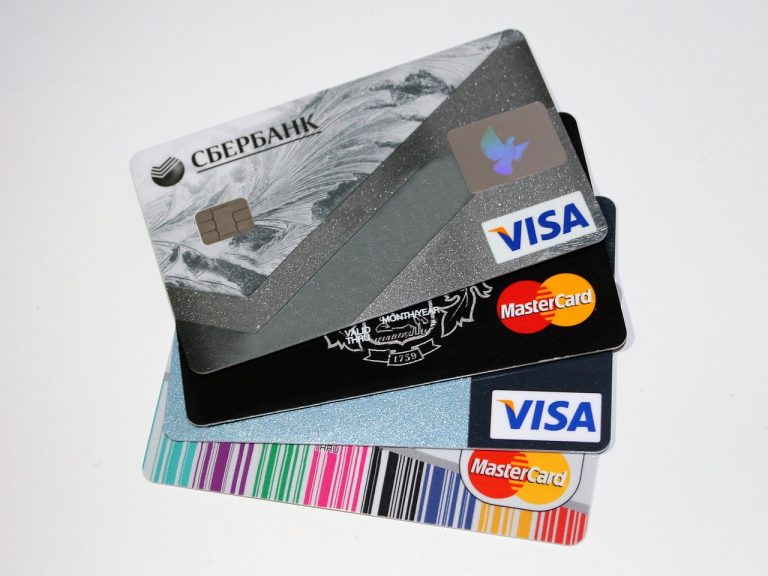

How to open a German bank account as an expat
Opening a German bank account as an expat is a simple process that can be completed in just a few steps. First, you’ll need to gather the necessary documents, which include your passport, proof of address, and proof of income. Once you have all of your documents ready, you can visit any German bank to open an account.
The bank will likely require you to make an initial deposit, so be sure to bring along some cash, credit cards or debit cards. After your account is opened, you’ll be able to use it just like any other foreign bank account. You’ll be able to make deposits and withdrawals, money transfers, and pay bills online or in person. A few banks also offer free visa debit card, so be sure to check it before choosing the bank.
How to open a bank account in Germany from abroad
When you’re moving to Germany from another country, you can open a bank account before you leave your country. If you’re planning to open a bank account from abroad, you can get started by contacting the best German bank online.
Most German banks offer online account opening, which makes it easy to complete the process from anywhere in the world. The process is fairly simple and can be completed in just a few steps.
Opening an online German bank or digital mobile bank account for foreigners
When looking to open an online or digital mobile banking account in Germany, there are several things that foreigners should consider. First, most major banks in Germany offer a range of digital banking services, including web-based portals and mobile apps that allow you to easily manage your account from anywhere.
Additionally, opening a bank account typically involves providing some basic personal and financial information, such as your name, address, date of birth, and nationality. Opening a digital banking account in Germany represents an easy and convenient way to access all of the benefits of modern banking technology.
Whether you are a local resident or just visiting for the holidays, opening an online or digital mobile bank account makes it easy to manage your finances while navigating all of the unique aspects of living in this amazing country.
Opening an offshore account with a German bank
Opening an offshore bank account with a German online bank can be a great way to maximize the benefits of your foreign status. There are a few key steps that you will need to take in order to open an offshore account with a German bank.
These steps include gathering the necessary documentation, filling out any required forms, and submitting your application for approval. Additionally, you will also need to be prepared for any questions or concerns that the bank may have about opening an account with a non-resident individual.
Opening a business bank account
Opening a business account with a german bank can be a bit daunting, but it’s definitely doable! the first step is to find a bank that suits your needs – there are many to choose from, so make sure to do your research.
Once you’ve selected a bank, you’ll need to provide some documents – typically, these will include your business registration, proof of address, and identification. you may also need to provide additional information depending on the bank’s requirements. After you’ve gathered all the required documents, you’ll be able to open your account and start doing business in Germany.
Opening a blocked bank account in Germany
Opening a bank account in a German bank can be a bit tricky if your account has been blocked due to suspected fraud or other suspicious activity. Before you can open an account, you will need to go through the proper channels and provide some key information to your bank.
One of the first things that you will need to do is contact your bank directly and speak with someone regarding your blocked account. You may need to provide some documentation to verify your identity and show that you have not engaged in any criminal or fraudulent activity relating to your finances.
Additionally, you may need to schedule an appointment with one of their representatives at customer support so that they can review your information in person. Once your account has been unblocked, you will then need to decide which type of bank account best suits your needs.
How to manage your bank account in Germany
When managing a bank account in Germany, it is important to be aware of the various rules and regulations that dictate how you can use your funds. Some key things to keep in mind include making regular deposits, monitoring your account balance and other data to stay on top of your finances, and understanding the potential restrictions on withdrawals and transactions.
Another essential tip is to sign up for text or email alerts, which will notify you whenever there are any significant changes in your account. By following these best practices and using a variety of tools to stay on top of your finances, you can keep your bank account in Germany running smoothly and effectively.
How to change banks or close an account in Germany
Changing or closing a bank account in Germany is relatively simple, and can be done online or in-person at most banks. The first step is to gather the necessary documents, which include a valid photo ID, proof of residency, and bank statements. Next, you’ll need to contact your bank to let them know that you want to close your account.
They may require you to come in person to do this, or they may be able to process the request over the phone or online. Once the account is closed, you’ll need to withdraw money and close any outstanding loans or lines of credit attached to the account. Finally, you’ll need to cancel any automatic payments that are set up to come out of the account. changing or closing a bank account doesn’t have to be complicated- just be sure to gather all the necessary information before getting started.
Disclaimer: This page may contains affiliate links, meaning we may earn a commission if you use those links but at no extra cost to you.
Information in regards to § 18 Abs. 6 Zahlungskontengesetz: This is not a complete market overview.
This information is for reference purpose only, we strive to make sure the information is accurate and accept no liability.

